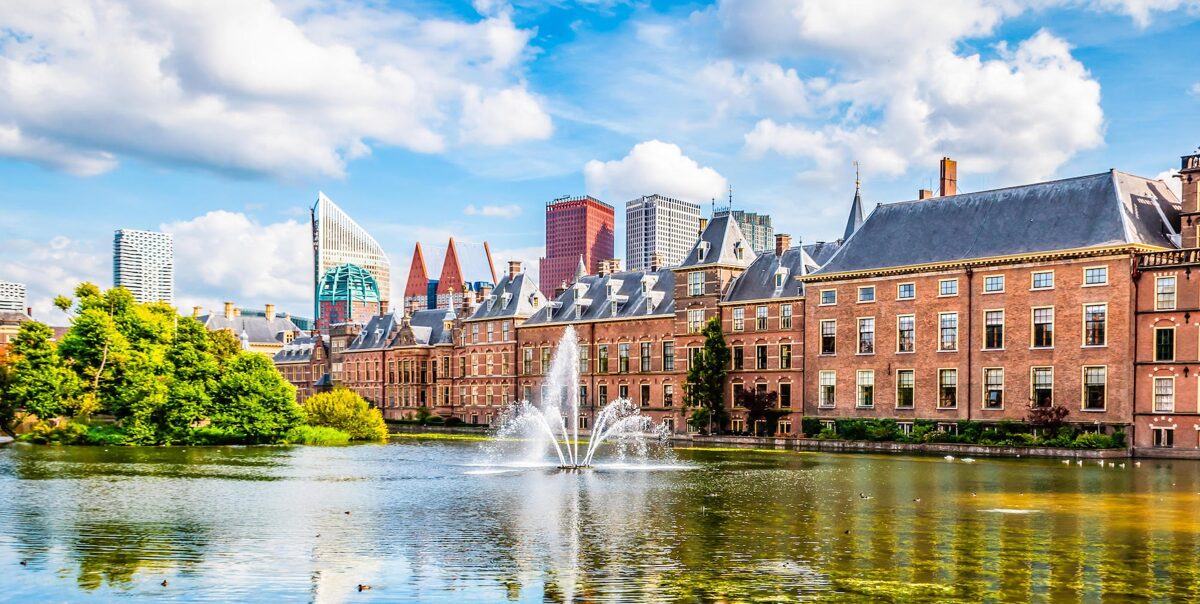Germany will ease its entry requirements for qualified workers
Conservative opposition leader Friedrich Merz criticized the measures, claiming that Germany was underutilizing its potential and had more than two million unemployed people.
He claimed that while it already benefited from the EU's commitment to freedom of movement, individuals did not want to relocate there because "the paperwork is horrendous, the taxes are too expensive." The workforce in Germany is getting older and there are shortages in the IT, healthcare, and construction industries. Hubertus Heil, the minister of labor, estimated that by 2035, seven million skilled workers will be required.
"We need people who will help us to maintain our prosperity in this country," said Rainer Dulger of the BDA employers' confederation.
The three-party coalition in power seeks to enact a "opportunity card," based on a points system, which would be used to evaluate non-EU candidates by taking into account things like education and linguistic proficiency.
There would be a streamlined process for recognizing credentials from outside, and unskilled workers would also be permitted to enter to fill specific positions.
The suggestions may not be presented to the Bundestag, the German parliament, for several months, but Robert Habeck, the minister of economics, said there is now a pressing need to address the issue: "We have been aware of the impending demographic issue for years, but not enough has been done."
The proposed immigration reforms follow closely on the heels of ideas to speed up the citizenship process for immigrants living in Germany. Chancellor Olaf Scholz stated that certain persons might be allowed to become citizens after only three years as opposed to up to eight.
The proposed law would further shorten the five-year waiting period for applicants who can demonstrate integration and German language proficiency.
Additionally, the government intends to amend the constitution to permit dual citizenship, which is currently virtually prohibited in Germany.
This week, Mr. Scholz claimed that immigrants "are bringing Germany ahead" and that Germany had transformed into "a land of hope" for those seeking to start new lives.
However, not everyone in the administration, which is made up of the Social Democrats (SPD), Greens, and liberal Free Democrats, is pleased with the citizenship amendments (FDP).
Bijan Djir-Sarai, the general secretary of the FDP, issued a caution that his party would accept the "devaluation" of German citizenship.
He said that now was not the time to simplify citizenship laws since the administration had not yet succeeded in deporting people who had no legal basis to be in Germany and in reducing undocumented immigration.




